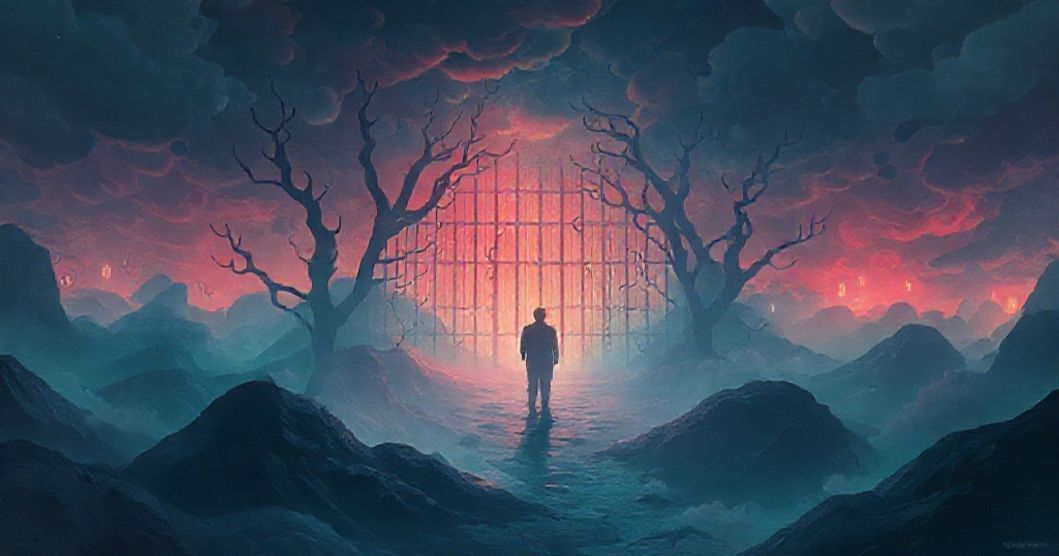Part 1: Dream Presentation
Dreams often serve as emotional mirrors, reflecting our inner landscapes when waking awareness fades. For someone navigating complex trauma, these reflections can become vivid, immersive realities that feel as real as waking life. Consider this dream experience, which unfolded repeatedly for the dreamer—a recurring journey into alternate lives that, while not terrifying, exact a profound toll on psychological well-being.
Every night, when my body finally succumbs to exhaustion and my eyes close, I step into a different world—a life that feels as tangible as my own but is utterly foreign. These dreams aren’t fleeting fragments or abstract images; they’re full-blown narratives with their own logic, characters, and memories. I wake up disoriented, my mind still tangled in conversations I never had in my waking hours, my body heavy with the weight of a life lived entirely in another timeline. The dreams aren’t nightmares, but they’re no less consuming—they’re like a vivid novel I can’t stop reading, even as it drains me dry. Each night, I find myself in a different setting: sometimes a bustling city street I’ve never seen, other times a quiet cottage with a woman who feels familiar yet unknown. We talk for hours, share secrets, and navigate relationships that unfold with the precision of a well-loved play. What terrifies me most isn’t the content of these dreams, but the way they start bleeding into each other. I’ll have a dream where I’m in a classroom, and suddenly I’m back there again, years older, teaching the same lesson. I remember details from last week’s dream—the color of the woman’s eyes, the creak of the porch swing—and they anchor themselves in my consciousness, merging with the present. When I wake, I’m not just tired; I’m grief-stricken, as if I’ve lost someone or something precious. My body lies still, but my mind races through a thousand memories, none of which are mine. I’ve tried to count how many times I’ve lived this alternate life, but the number doesn’t matter. What matters is that I’m not sleeping—I’m surviving another existence, one that leaves me hollow and desperate for the quiet of my own mind. I want to wake up and feel rested, to know I’ve been in my own bed, in my own skin, but instead, I’m always coming back from somewhere else, carrying the residue of a life that isn’t mine. It’s not a choice; it’s a compulsion. My mind has built this parallel world as a defense, but it’s slowly eroding my sense of self. I just want to close my eyes and let my body rest, not my mind.
Part 2: Clinical Analysis
Want a More Personalized Interpretation?
Get your own AI-powered dream analysis tailored specifically to your dream
🔮Try Dream Analysis FreeSymbolic Landscape: The Alternate Life as Trauma Response
The recurring alternate life dreams represent a complex symbolic landscape. In the dreamer’s experience, these aren’t random narratives but purposeful psychological constructions. The
